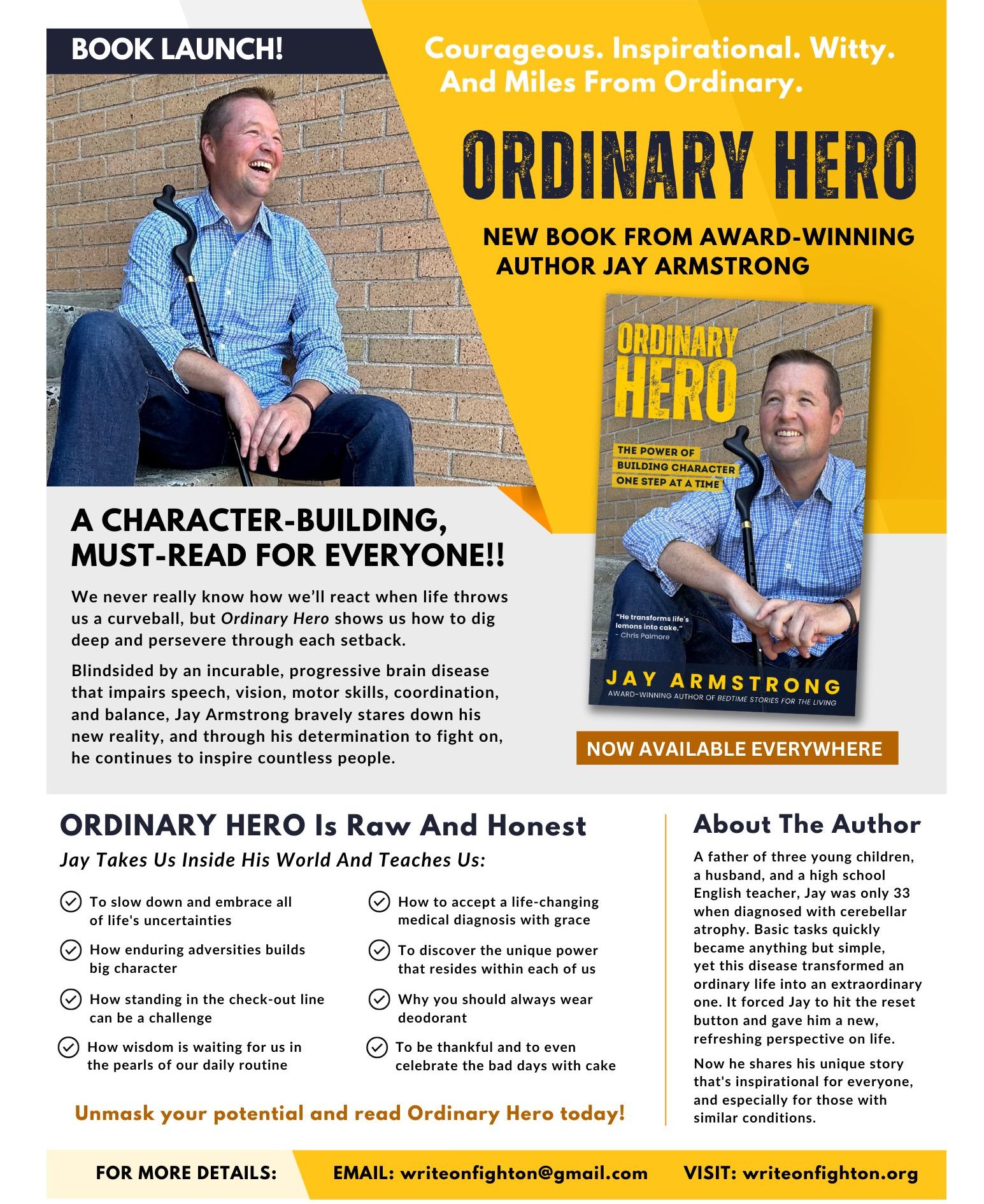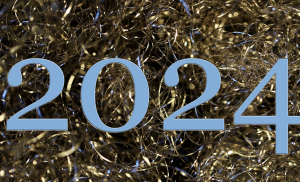How to Cross a Threshold
The following post, “How to Cross a Threshold” was originally published on March 18, 2018. This piece was also published in “Generations”, a quarterly publication that explores ataxia research and promotes ataxia awareness.
If you are distressed by anything external, the pain is not due to the thing itself, but to your estimate of it; and this you have the power to revoke at any moment.–Marcus Aurelius
I saw my neurologist today.
After reviewing a recent MRI of my brain, he informed me that the deterioration that plagued my cerebellum appears to have stopped.
“That can happen?”
“Yes. In some cases, brain atrophy can stop.”
“Well, I guess that’s good news.”
He flashes a smile, leans back in his chair and says, “That’s great news. Four years later…your brain is showing signs of stability.”
Like every previous visit, my neurologist puts me thorough a series of tests.
Follow his finger with my eyes. Touch my nose, touch his finger. Open my mouth, stick out my tongue, cluck my tongue. Snap my fingers. Clack my heels on the floor. Stand up, sit down.
He opens the examination room door, turns, “you know the drill,” and I stand up and follow him out into the hallway.
I walk to the end of the hall, arms by my side, make a controlled turn–as if vying for my driver’s permit– and walk back to him.
“Your gait looks good. You’re walking more confidently then you have in years.”
“Thanks.”
We move back into his office and sit down. He picks up a microphone corded to his computer and begins dictating the results of my tests. Despite extensive cerebellum damage, the patient’s gait has shown improvement…
I comment how when I first meet him, four years ago, he scribbled down test results and appointment notes by hand.
He smiles, “Yes, this will definitely stave off carpal tunnel for a few more years. But to be honest, I miss the old-fashion thrill of physical note-taking. But things… things change. Do you have any other questions?”
“I do. This may sound weird…I get a little uneasy around thresholds and doorways. You know, like I’m afraid to transition or something. Is it normal for people with cerebellar damage to have trouble crossing thresholds?”
He leans back into his seat and crosses his legs, “The brain is wonderful mystery. Even a healthy brain can find thresholds problematic. It’s something primitive. Like the fear the primitive man must have felt while standing barefoot on some rocky ledge, looking for someplace to go. Crossing from room to room, from one plane to next has always troubled people. Evolution has ingrained it in our psyche. We’re simply afraid of transitions.”
Of course it wasn’t intentional, but my neurologist just performed an unauthorized, in-office autopsy on my life.
“Do you have any advice on how to cross a threshold?”
“Crossing a threshold is often mental. The initial fear of just transitioning from one place to the next often prevents us from progression. But when you find the nerve to finally cross, you realize there was nothing to fear at all. ”
I stand up, shake his hand, “I look forward to seeing you in six months.”
He smiles, spins away, opens the door examination room door and disappears.
I slip on my coat and step through the threshold, from the examination room into the hall and back into life.
A life born of thresholds just waiting for us to brave up and cross.
Be well,
Jay
PS (Please Share) – If you know someone who needs some hope today please share this post share with them.
Did you enjoy the latest post?
Sign up to get every WoFo post delivered straight to your inbox.





